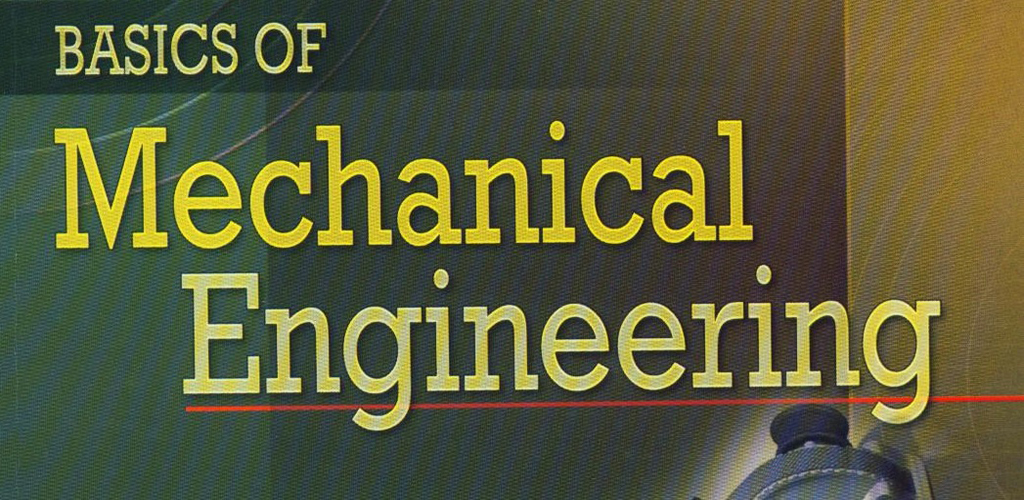

The course will also introduce the various aspects of pipe technology, including types of pumps, flanges, gaskets, jointing methods, pipe support and standards. The basic design and analysis of pipe systems will also be presented. An introduction of underlying practical principals of thermodynamics will also be included.
At the end of this seminar participants will:
Anyone with little or no prior formal background, who function as Managers, Supervisors, Engineers, Planners, Inspectors, Designers, Researchers, Investors or Procurers, and who seek a basic understanding of the aspects of Mechanical Engineering
BTS attendance certificate will be issued to all attendees completing minimum of 80% of the total course duration.
| Code | Date | Venue | Fees | Register |
|---|---|---|---|---|
| ME138-02 | 03-05-2026 | Cairo | USD 5450 | |
| ME138-03 | 03-08-2026 | Kuala-Lumpur | USD 5950 | |
| ME138-04 | 29-11-2026 | Dubai | USD 5450 |
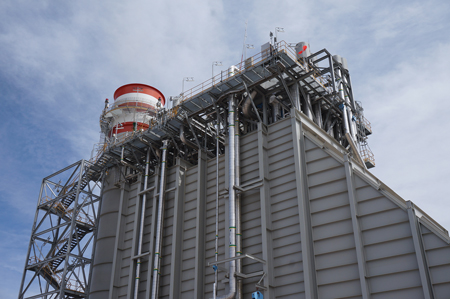
This five-day foundation level course is for engineers and technicians seeking an in-depth understanding of centrifugal, reciprocating, and screw compressors. This course provides basic knowledge of c ...

Process engineering is at the heart of much of the chemical, oil, gas, and petrochemical industries. It requires familiarity not only with chemical engineering principles, but also with many of the ot ...

Heat exchangers are important and expensive pieces of equipment that are used in a wide variety of industries. This course will enable you to improve heat exchanger effectiveness and extend the equipm ...
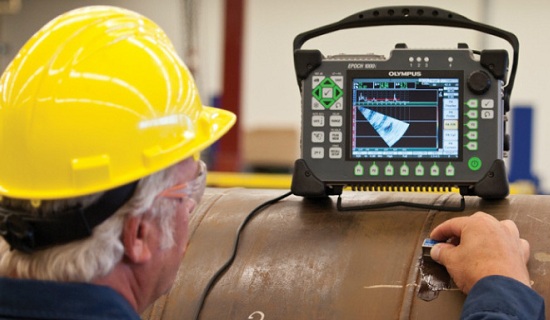
Mechanical engineering in simple terms deals with any equipment that moves; this is what makes it perhaps the most broad and diverse of engineering disciplines. The mechanical discipline essentially d ...

Engineers, technicians, maintainers and operators who may not have a mechanical background are often given the responsibility for the procurement, installation, operation and maintenance of mechanical ...
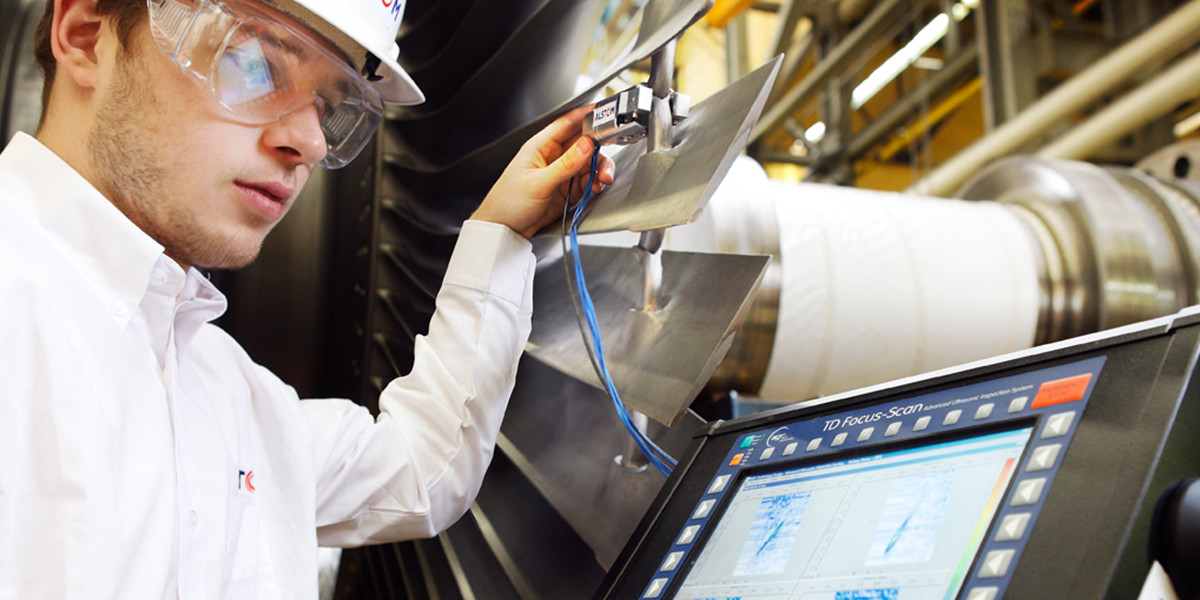
This course for engineers and piping system designers reviews the key areas associated with the design of piping systems for oil and gas facilities. The course is focused on four areas: codes and stan ...
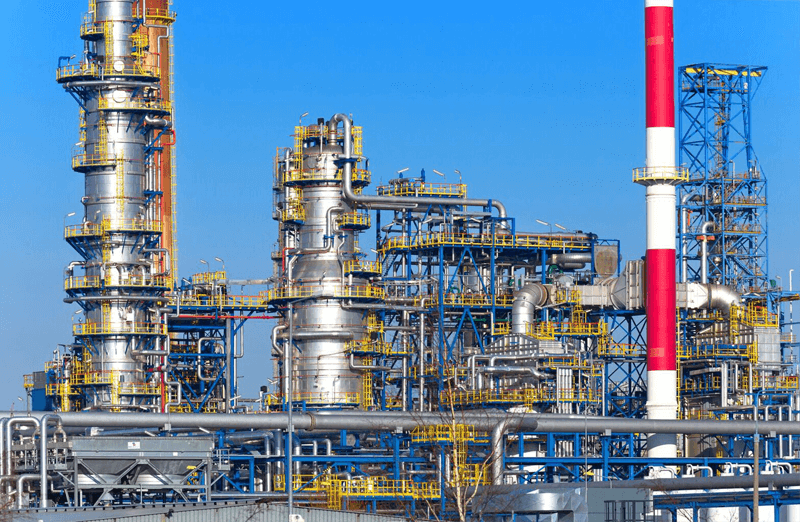
This course reviews the design of mechanical components for process vessels in oil and gas facilities. The emphasis is on codes and standards sizing calculations and materials selection vessel specifi ...
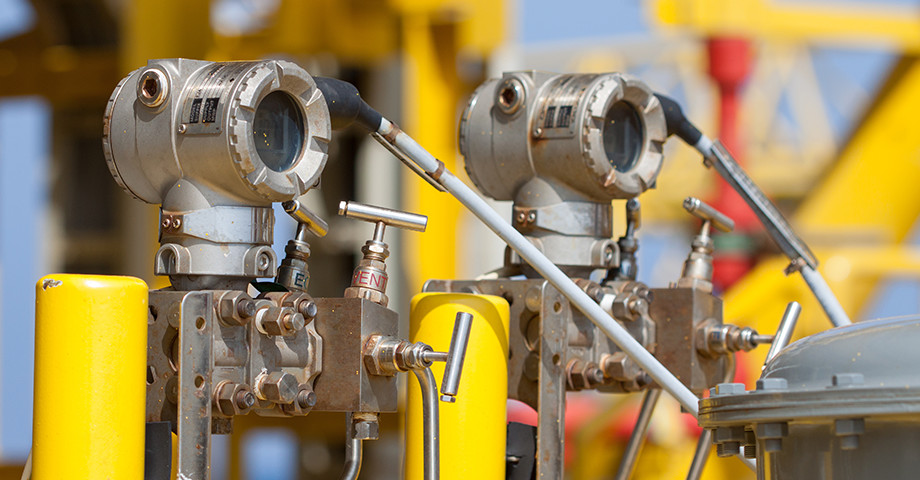
This course will provide a comprehensive review of the various aspects of engineered safety and mechanical integrity in refineries, oil & gas plants and petrochemical plants. Principal emphasis is pl ...
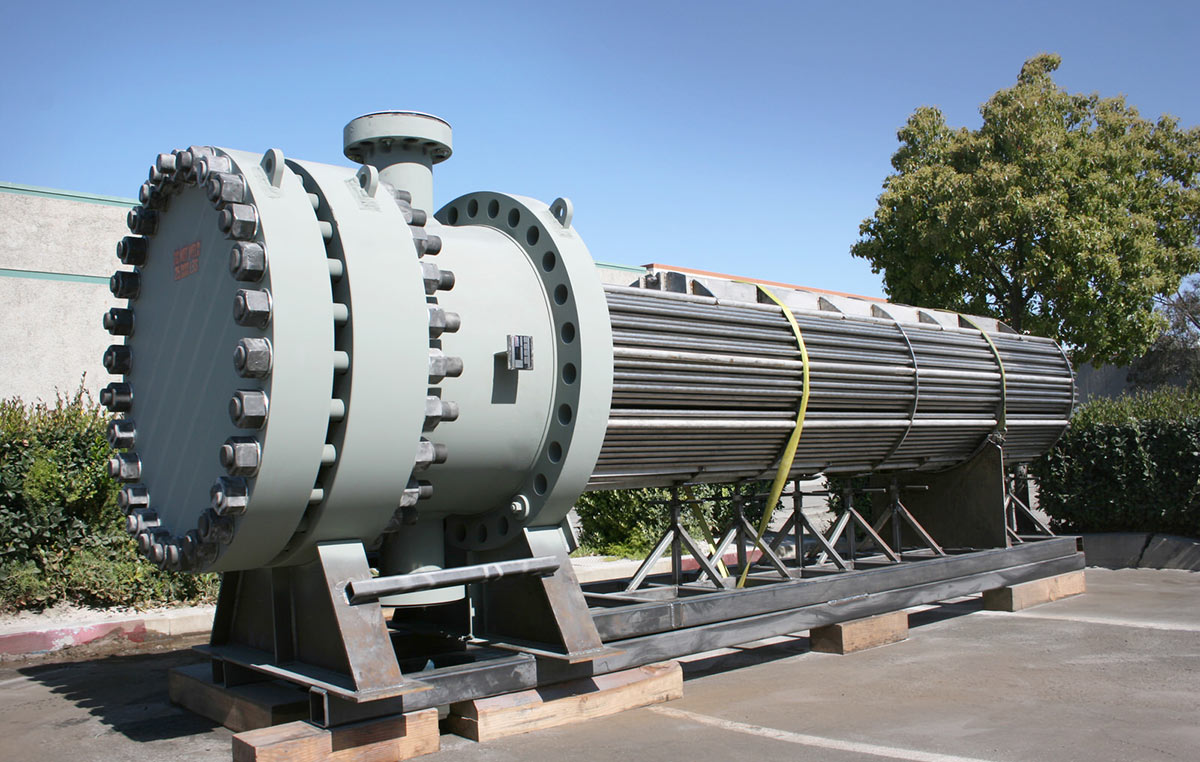
The course is directed to the participants to enable them to unerstand the basic idea of the shell and tube devices and taking care of the new and advanced technology that is available nowadays. The c ...

This training program aims at providing the participants with a comprehensive theoretical and practical knowledge, practical aspects, and enhancing their knowledge and skills for basics of mechanical ...
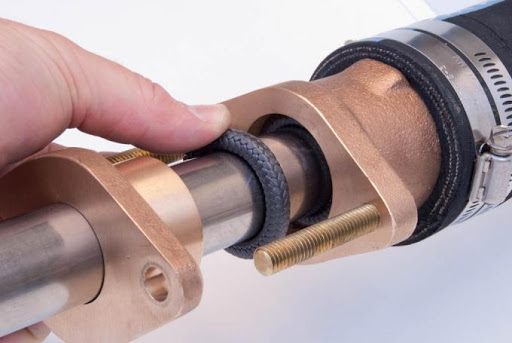
In this 5-day course, participants will gain a strong technical and practical understanding of mechanical seals and gland packing through the exploration of design features and implications of many se ...
Providing services with a high quality that are satisfying the requirements
Appling the specifications and legalizations to ensure the quality of service.
Best utilization of resources for continually improving the business activities.
BTS keen to selects highly technical instructors based on professional field experience
Since BTS was established, it considered a training partner for world class oil & gas institution
1st floor, Incubator Buildingو Masdar City, Abu Dhabi, UAE
Sun to Fri 09:00 AM to 06:00 PM
Contact Us anytime!
Request Info